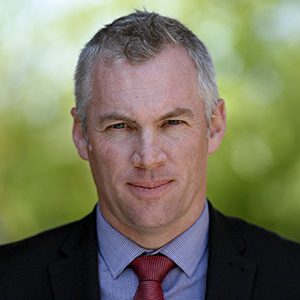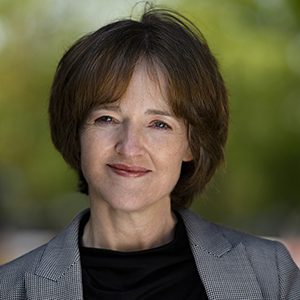UK dairy co-op First Milk has released its annual results for the year to 31 March, with an operating profit of £5.1m, down from £8.1m the previous year.
In the report, chief financial officer Greg Jardine said the profit “was impacted year on year by rapidly rising costs due to inflation, loss making performance at Lake District Biogas and the urgent need to return milk price to members as soon as possible to offset increasing costs on farm”.
He added that these inflationary costs would be recovered over the longer term.
Turnover increased by 11% to £331m through a combination of volume growth and increased values, and this is set to continue with the co-op securinga new long-term rolling contractual relationship with Ornua, its largest customer, which will see First Milk continue to supply cheddar for sale into major retailers. It has also renewed a contract with Nestlé for fresh milk sales into its confectionery and beverages businesses.
“As part of this, we will continue to work closely with Nestlé as part of their milk plan to drive sustainability across their business,” added Mr Jardine.
First Milk is also continuing to grow export sales to more than 26 countries – with cheese now accounting for over 70% of the milk handled .
Capital expenditure at sites was doubled to £14.9m (2021: £7.8m), investing in additional processing capacity, improving efficiencies, and providing further operational stability, including a major £9m upgrade at its Lake District Creamery.

“Our strategic objective is to improve total returns to our farmer members, including milk price,” said Mr Jardine. “By March 2022 we had increased our member milk price by 5 .8ppl, equivalent to paying out almost £50m annually compared to April 2021.”
The co-op’s balance sheet has strengthened,” he added, “with net assets increasing 28% to £48.7m as a result of ongoing delivery of profits along with significant capital expenditure ahead of depreciation and an improved pension position.”
Net debt has increased by £10.4m to £43.4m “to facilitate the higher capital spend as we invest for the future”.
CEO Shelagh Hancock said the results were delivered in the face of challenges around Covid-19, the war in Ukraine and sustainability. In terms of the environment, steps taken included the acquisition of a 5% stake in Agricarbon, which develops soil carbon tech.
Looking ahead she warned that “persistent inflation, supply chain constraints, the continuing pandemic and war in Ukraine signal a significant slowdown in global GDP growth this year.

“High levels of inflation are likely to continue, significantly impacting production costs on farm and in dairy processing as well as creating a cost-of-living squeeze across wider society. This puts pressure on margins within the business, which will remain a continued challenge in the near term as we work to mitigate costs and recover margins from the market.
“To date, the global dairy market has seen demand continuing to outstrip supply, resulting in record dairy commodity prices that have translated into higher milk prices, broadly keeping pace with increased costs of production.
“With regard to the security of future milk supply, domestic and international supplies continue to be tight, and this is a challenge as we head towards winter, making milk planning and future growth more difficult. As ever, we will remain focused on maximising returns to our members throughout these unprecedented times.”
She added: “I remain confident that First Milk is well positioned and can continue to deliver for our members.”

